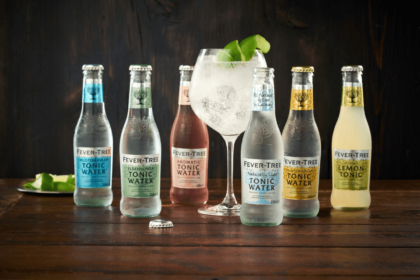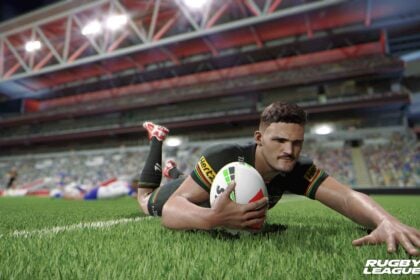The move towards online shopping coincides with a decline in the presence and use of physical retail establishments, according to a study exploring the changes in shopping habits and environments conducted by Ipsos Global Advisor in 24 countries around the world.
The study was based on the replies of consumers from 27 counties, including 1000 from Australia.
Consumers report seeing fewer traditional “Main Street” businesses, while they are increasingly resorting to digital and convenience-focused alternatives, and chain or franchise stores. In Australia, the types of stores that are most markedly vanishing from local shopping areas are: bookstores (reportedly seen less often by 48 per cent of Australians compared to 39 per cent globally), newsstands (41 per cent) and any type of independently-owned and operated (non-chain) stores (35 per cent).
In contrast, Australians are reporting seeing more or just as many chemists and pharmacies (75per cent saw more or just as many), eat-in restaurants (69 per cent), cafes (67 per cent, with more increase noticed in Australia than globally), and stores or restaurants selling readily-prepared or takeaway food (66 per cent).
Although the reported level of takeaway food restaurants is on the rise, only 11 per cent of Australians are eating takeaway food more often, compared to 18 per cent of people across the world.
In fact, in Australia 35 per cent of people are buying takeaway food less often than three years ago (compared to 29 per cent globally).
Further, an increase was also seen in the number of gyms/fitness clubs in Australia by 26 per cent of people, compared to 22 per cent globally. There are also more vacant stores, with 30 per cent of Australians seeing more of these (25 per cent globally).
While consumers are shopping more in general than three years ago (both instore and online), a greater percentage of Australians are shopping more online (on average, 16 per cent are shopping more online across different products and services, and 12 per cent are shopping more instore). And the upwards trend in shopping online for certain products is having an impact on main streets:
- 38 per cent of Australians are buying books instore less often, and 17 per cent are now buying books online more often than three years ago, leading to these stores being seen less often by nearly half of Australians
- Even more extreme is the change in banking habits, with 55 per cent of Australians banking in person less often and 46 per cent banking online more than three years ago.
- Relying more than ever on website and web-based advice, 36 per cent of Australians are making travel reservations in person less often and 26 per cent are making these online more often.
The self-reported personal care and social activities the most on the rise are food-related: 17 per cent of Australians are both eating at restaurants and going to cafes more often than three years ago. There has been a relative decline in Australians going to the movies and going to bars/pubs, with 11 per cent saying they visit these places more often, compared to the percentage of people visiting less often: 40 per cent and 36 per cent respectively.








